It’s been 1,747 days. That’s how long iPhone users have been locked out of one of the most iconic games of our generation.
And now, Fortnite is back.
The Battle That Changed the App Store
When Fortnite vanished from the Apple App Store in 2020, it wasn’t just about a game. It was about power. Epic Games took a bold stand against Apple’s 30% commission on in-app purchases by sneaking in a direct payment system. The response? Swift and brutal—Apple removed Fortnite from the App Store, triggering a lawsuit that would reshape the mobile gaming industry.
For years, Fortnite players on iOS watched updates roll out to other platforms, events they couldn’t join, battle passes they couldn’t buy. It wasn’t just about gameplay anymore. It was about being left behind.
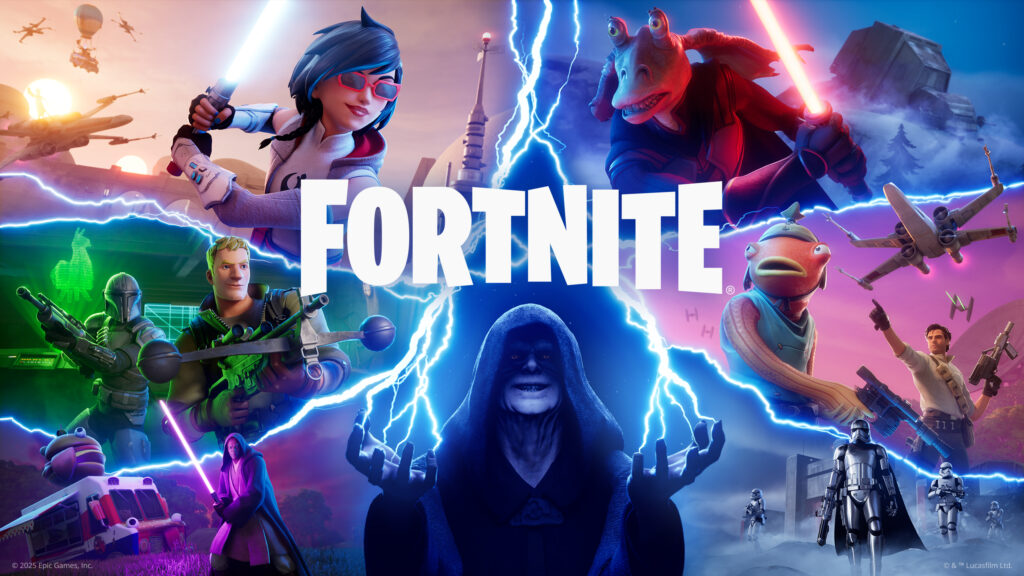
The Turning Point: Courtroom Victory
In April 2025, a U.S. judge ruled that Apple violated a prior injunction by continuing to restrict developers from offering alternative payment methods. It was a massive blow to Apple’s tightly-controlled ecosystem and a pivotal moment in the Epic v. Apple saga.
Tim Sweeney, Epic’s outspoken CEO, called the victory “priceless,” not just because of Fortnite’s return, but because of what it meant: developers now have the right to choose how they monetize their apps.
The Return: More Than Just Nostalgia
Now, Fortnite is available once again on iPhones and iPads across the U.S. And it’s not just a re-upload of the old version—this is the full Fortnite experience, including updated content, live events, and—yes—access to Epic’s own payment system.
In the EU, Epic’s strategy goes even further. Thanks to the Digital Markets Act, players can download the game directly from the Epic Games Store or third-party sources like AltStore—completely bypassing Apple’s App Store.
Why This Matters (Even If You Don’t Play Fortnite)
This is bigger than Epic Games.
This moment redefines the relationship between developers and gatekeepers. Apple, once the unshakable warden of the mobile world, now has to answer to developers in a way it never has before. And that means:
- More competition in app stores
- Better deals for gamers and developers
- More freedom to build, buy, and play without monopolized control
Today it’s Fortnite. Tomorrow, it could be your favorite indie game, finally earning what it deserves without sacrificing 30% of its revenue to a trillion-dollar middleman.
Final Word: The Storm Has Passed
Whether you love Fortnite or not, its return marks the end of a long, bitter standoff—and the beginning of a more open digital future. The battle may have started on a virtual island, but the real victory was won in courtrooms and code.
Fortnite isn’t just back on iOS.
It brought freedom with it.
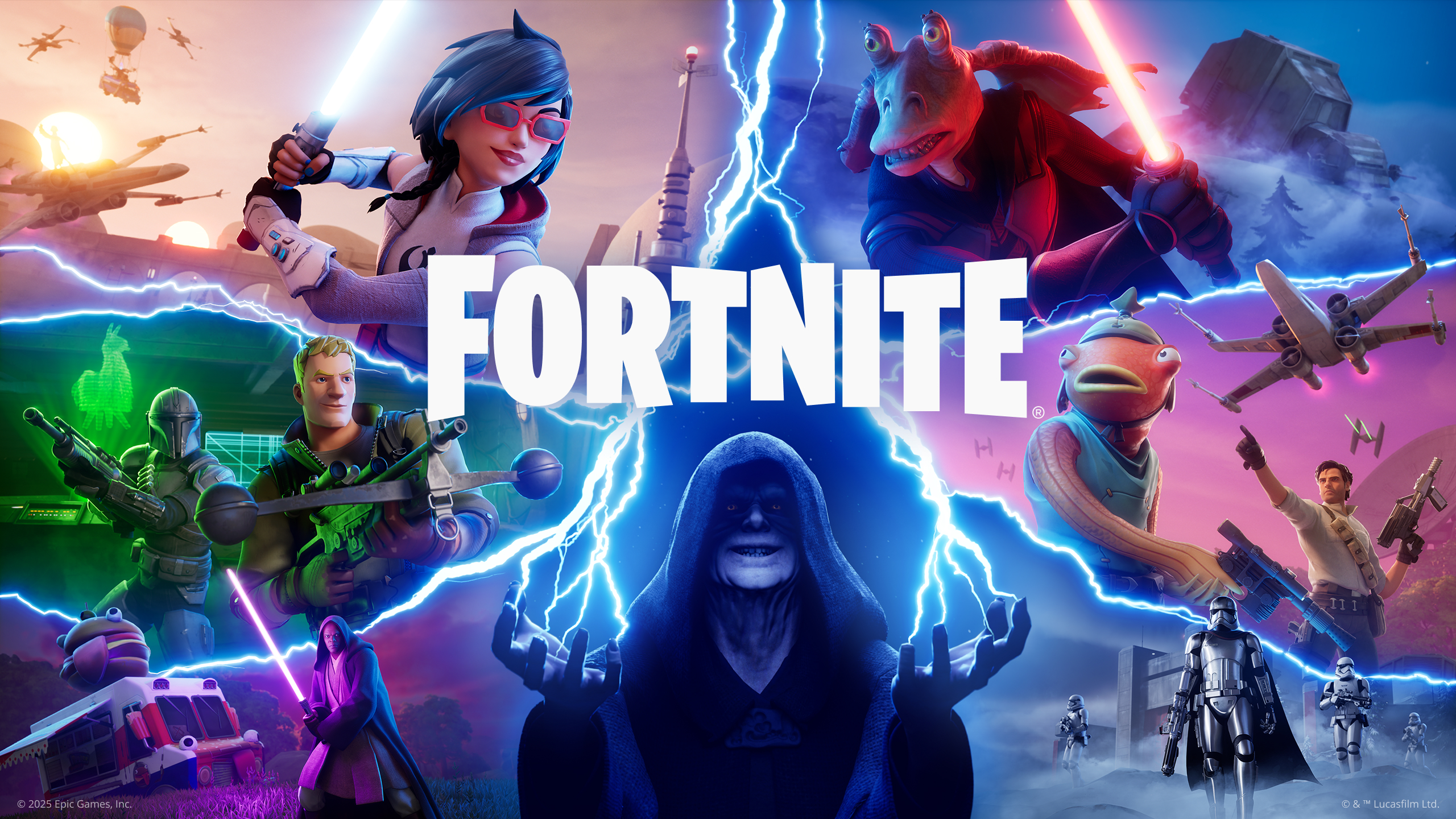
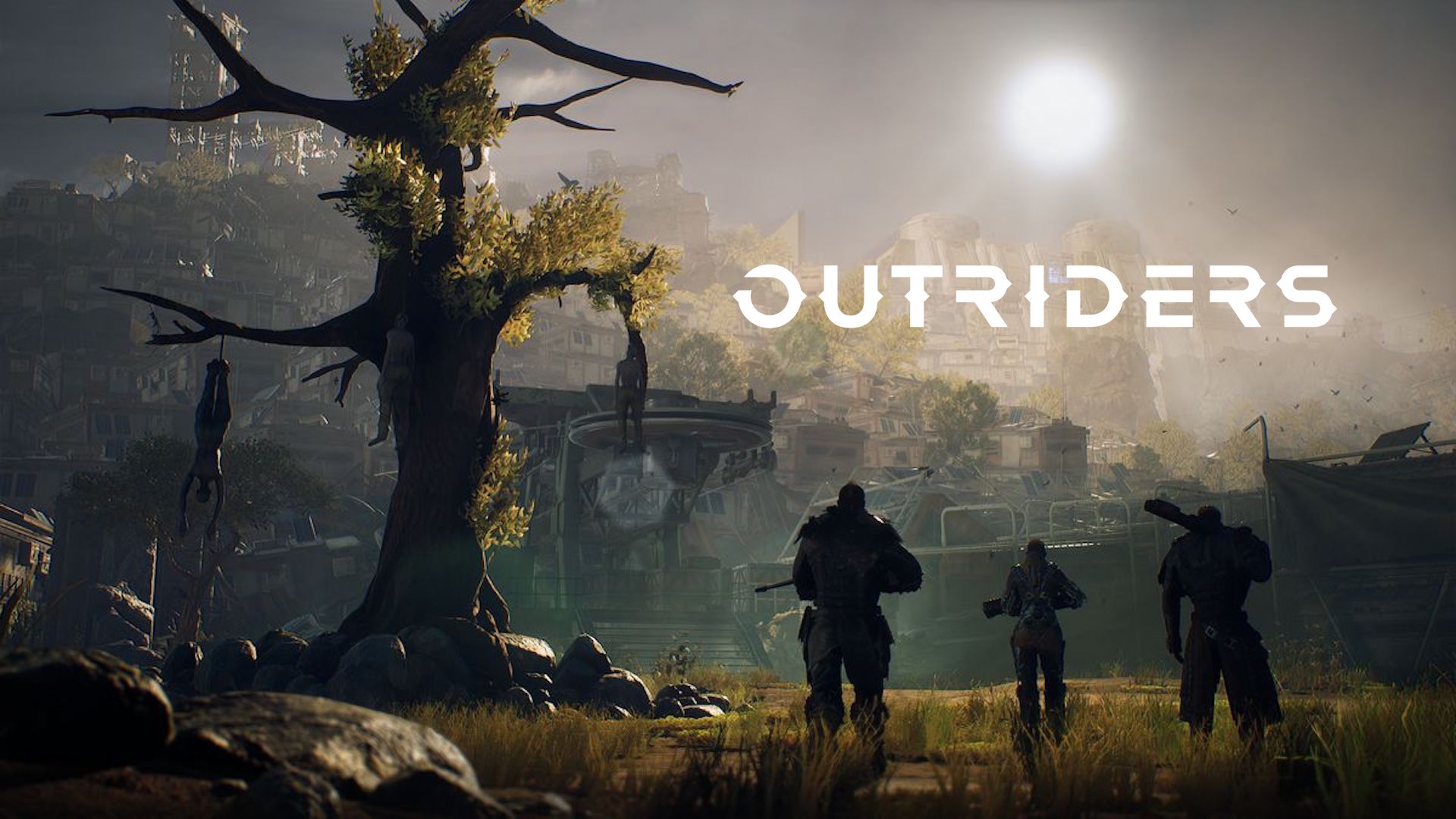
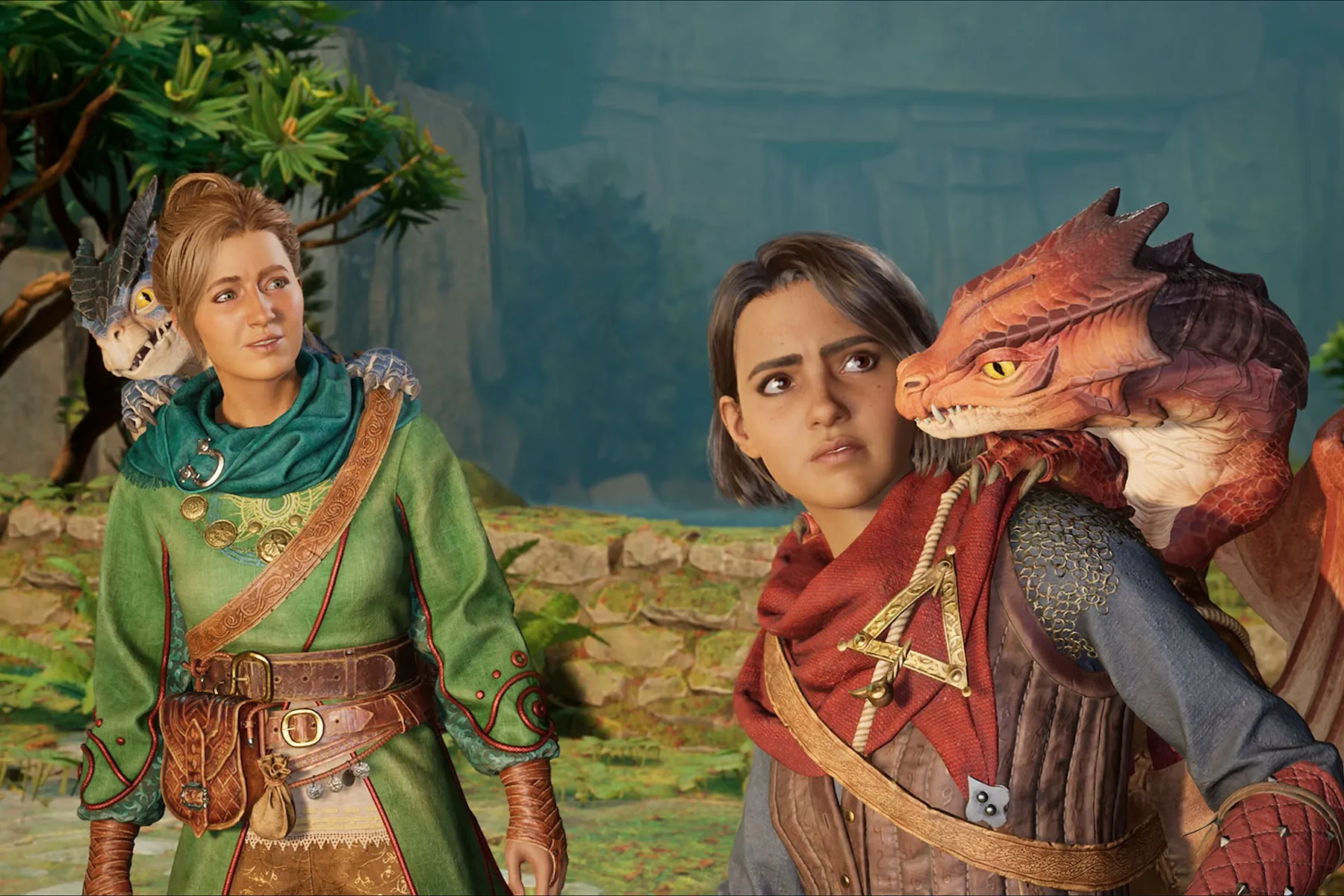



Leave a Comment